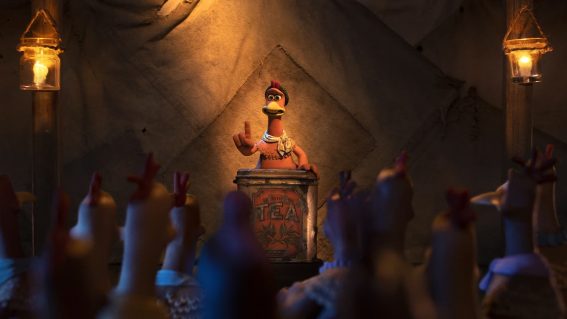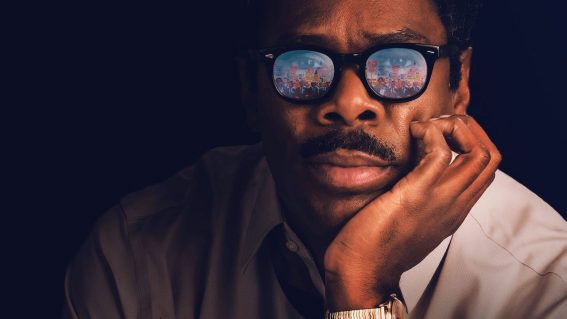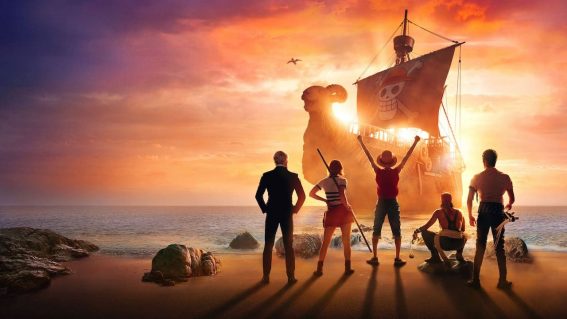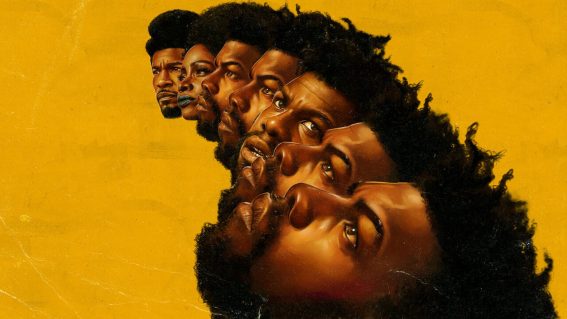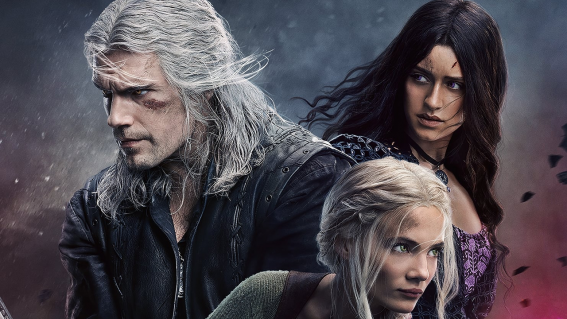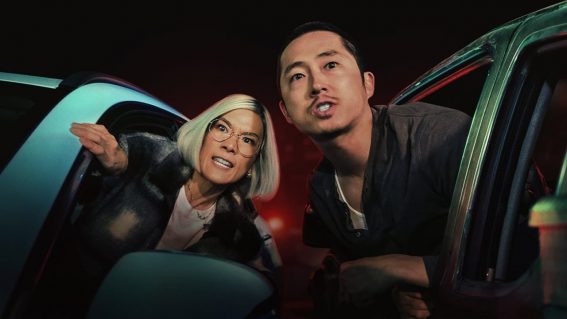When you see When They See Us you’ll give it Chernobyl-level attention
Daniel Rutledge on why this Netflix drama needs to be seen.
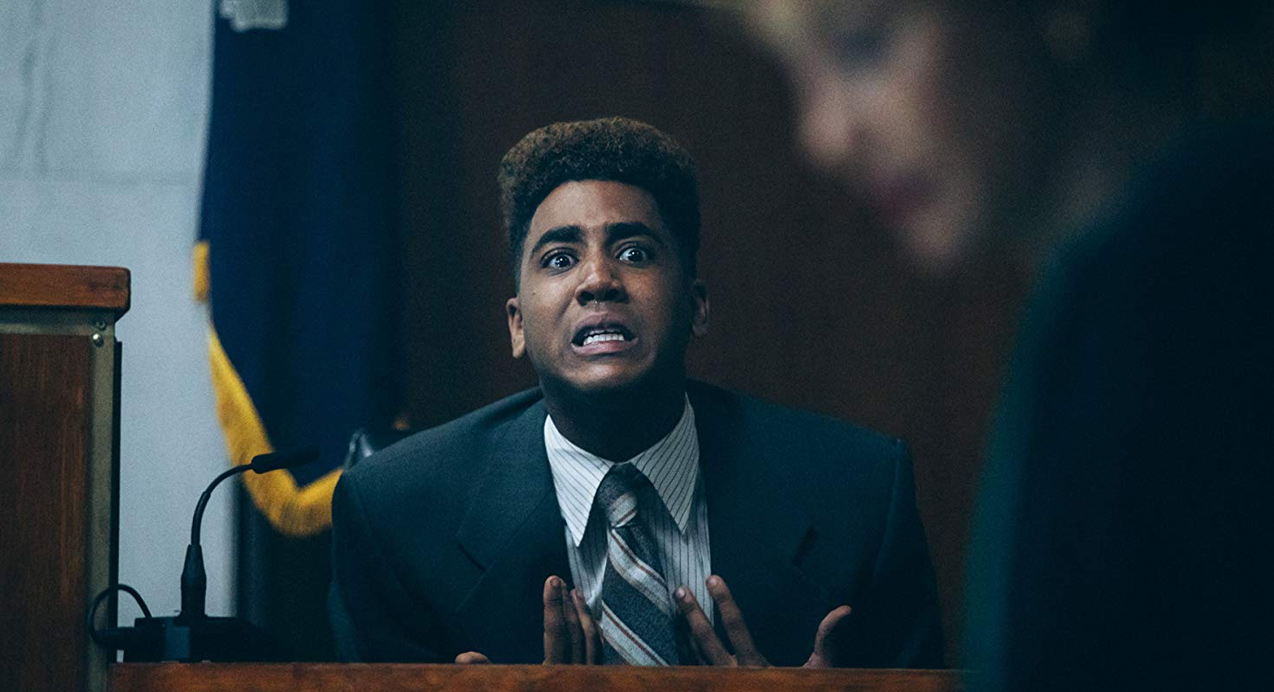
Daniel Rutledge on Ava DuVernay’s four-episode account of the Central Park Five.
If your social media feed’s anything like mine, recently it’s felt like we’re living in 1986. Chernobyl! Chernobyl! Chernobyl!
That’s for a very good reason, as that mini-series is incredible (go watch it on NEON if you haven’t already). There is a lot of relevance to current events to be found in it, too—but it was released around the same time as another mini-series based on a shocking ’80s incident with arguably more relevance in 2019 that should be talked about a lot more than it is.
When They See Us is Ava DuVernay’s four-episode account of the infamous Central Park Five case, which saw five Harlem teenagers falsely accused of a vicious, nearly fatal rape and assault of a white woman in 1989. After being convicted with no physical evidence on false confessions, they were only finally exonerated in 2014 after the real, DNA-proven perpetrator confessed.
The show is a harrowing watch driven by some truly extraordinary performances. It’s really rough going at times, like when it’s trapping the viewer with the boys in those police interrogation rooms. If you’ve watched the West Memphis Three documentaries and Making a Murderer you’ll be used to seeing crooked cops coerce phoney confessions out of people. DuVernay builds those scenes with a sickening realism, but embeds them in a brilliantly explained wider context, which gives them a tremendous dramatic oomph.
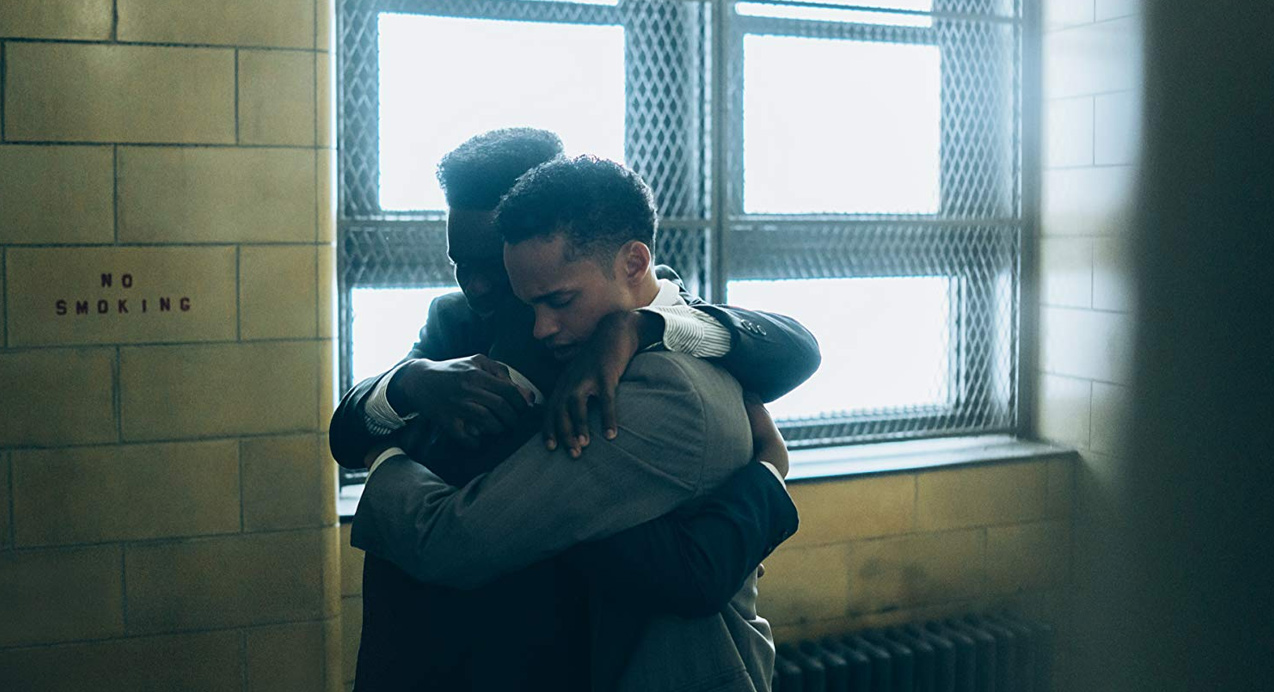
At nearly 5 hours of running time, When They See Us is not entirely consistent. While most of it lands with remarkable authenticity, other parts fall shorter. That’s a shame, but when it hits its mark it hits particularly well.
And that mark is so tender right now. It’s raw from the state of the world and who is currently playing the role of President of the USA. He features, of course, as racist and despicable as always in historical footage showing him wanting some black kids murdered, despite their innocence—something he refuses to apologise for to this day, despite their being compensated for wrongful imprisonment.
It’s great they did eventually get their convictions quashed, their innocence proven and something close to justice for them served. But, sadly, the criminals who put them in prison still aren’t behind bars themselves, and nothing will ever give these five boys their lives back. Watching that injustice play out from the beginning is painful, but one feels a duty not to look away. The more of us who know their story intimately, the less chance there is of it happening again.
Fortunately, lots and lots and lots of people are watching it. Netflix rarely discloses viewership information, but they did with When They See Us, which in turn saw the candid, outspoken DuVernay to tweet a moving response: “Imagine believing the world doesn’t care about real stories of black people. It always made me sad. So when Netflix just shared with me that more than 23 million accounts worldwide have watched When They See Us, I cried. Our stories matter and can move across the globe. A new truth for a new day.”
Imagine believing the world doesn’t care about real stories of black people. It always made me sad. So when Netflix just shared with me that 23M+ accounts worldwide have watched #WhenTheySeeUs, I cried. Our stories matter and can move across the globe. A new truth for a new day. pic.twitter.com/4vgCo0aKR9
— Ava DuVernay (@ava) June 25, 2019
It’s not the first time she’s championed Netflix on Twitter for sharing black stories far and wide—even throwing a little shade at Disney and Paramount in doing so, by saying: “One of the things I value about Netflix is that it distributes black work far/wide. 190 countries will get When They See Us… I’ve had just one film distributed wide internationally. Not Selma. Not [A Wrinkle In Time]. It was 13th. By Netflix. That matters.”
One of the things I value about Netflix is that it distributes black work far/wide. 190 countries will get WHEN THEY SEE US. Here’s a promo for South Africa. I’ve had just one film distributed wide internationally. Not SELMA. Not WRINKLE. It was 13TH. By Netflix. That matters. https://t.co/lpn1FFSfgG
— Ava DuVernay (@ava) March 3, 2019
Despite that many people watching When They See Us, there’s no denying that Chernobyl has been the streaming hit of 2019 among the social circles you’re probably a part of if you’re reading this.
Help redress the balance.







